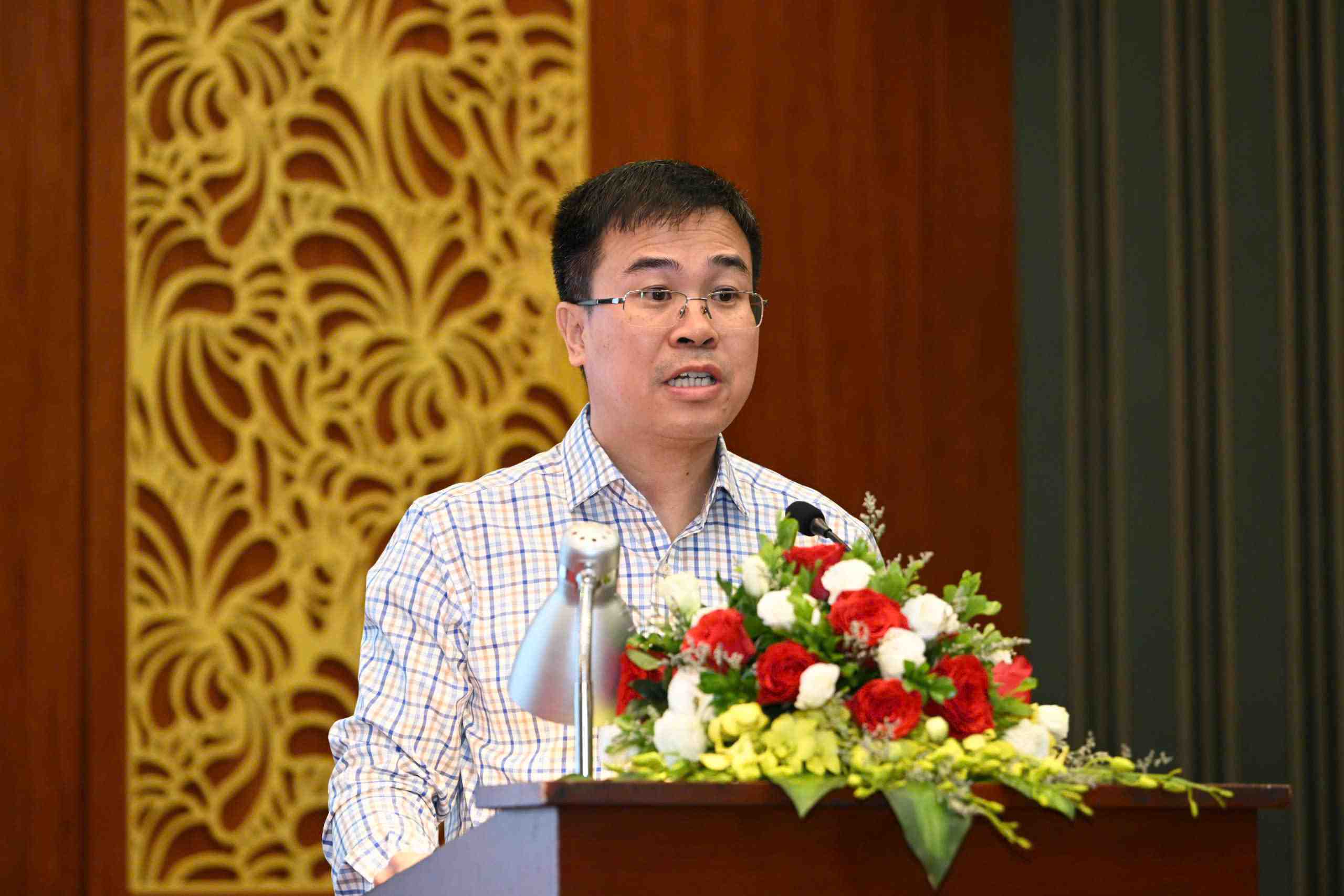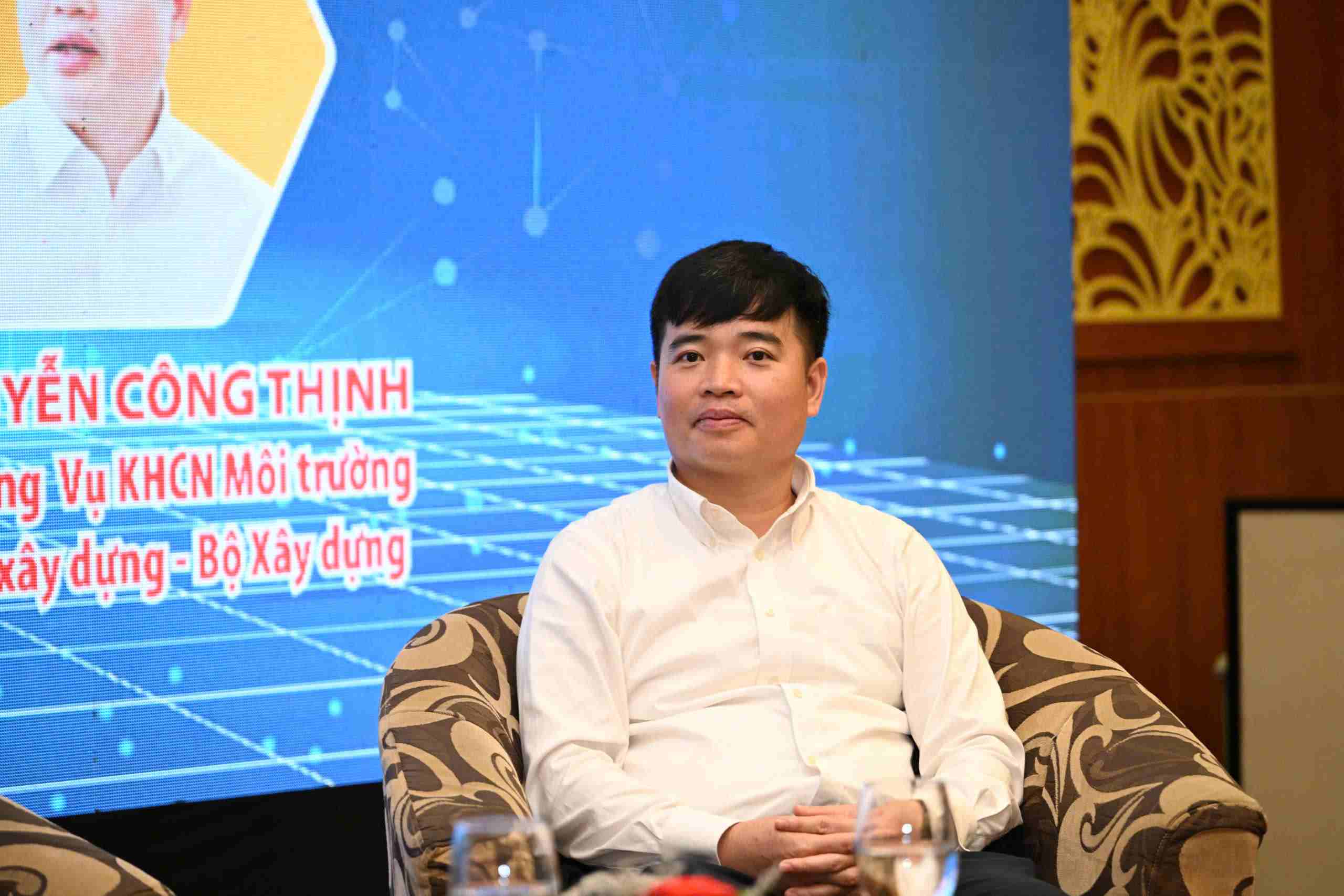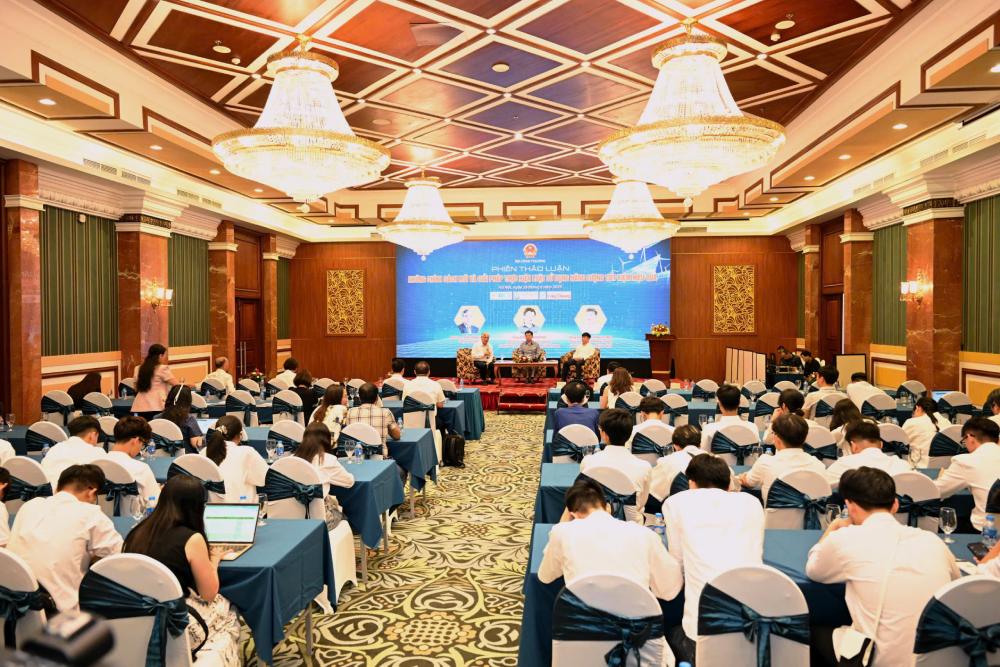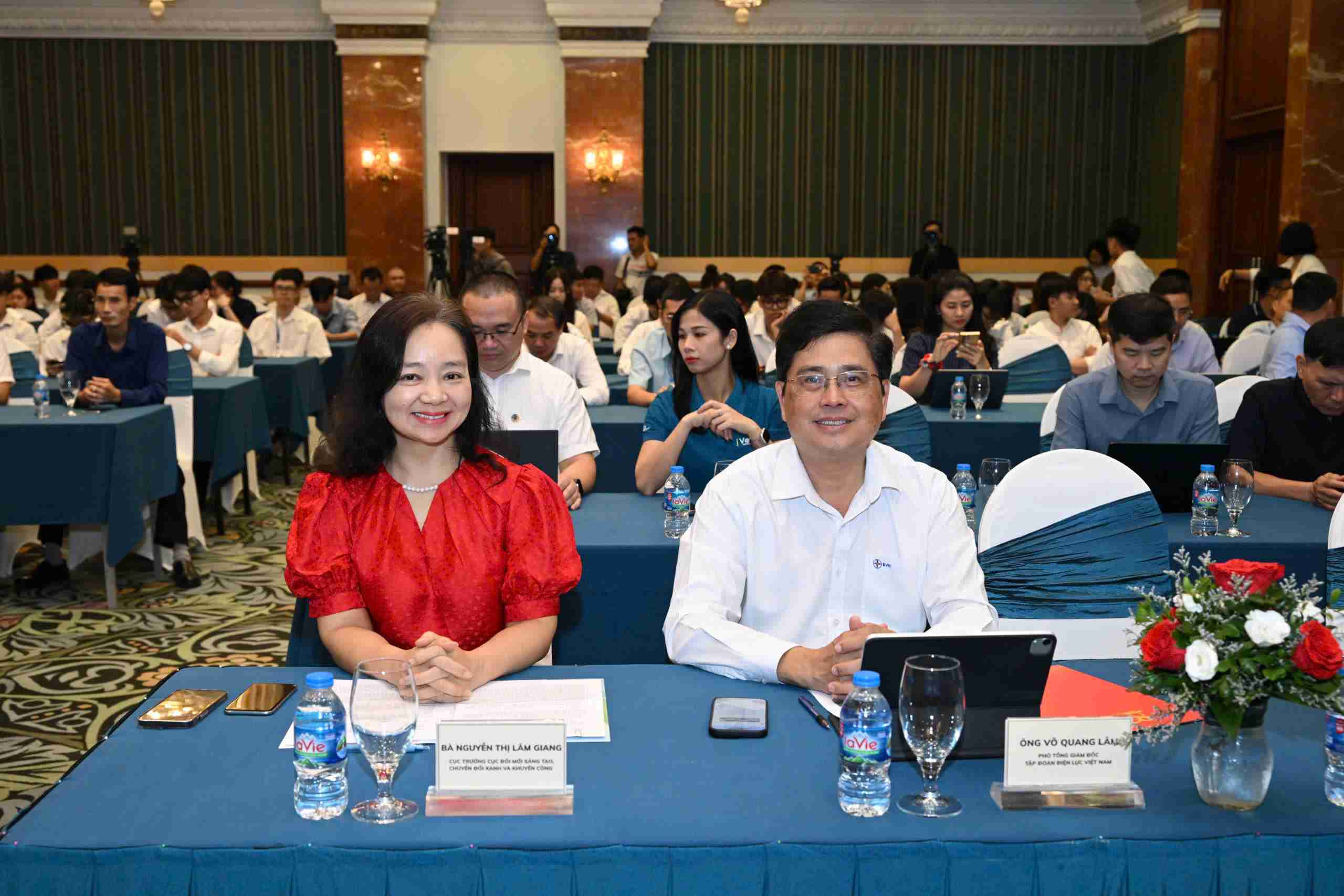Within the framework of the National Program on Energy Saving and Efficient Use (SDNLTK&HQ) for the period 2019-2030, on June 26, 2025, the Ministry of Industry and Trade organized the Forum "Enspective and efficient Use of Energy: Results and Goals in the Rising era" to disseminate information on new points in theSDNLTK&HQ Law (amended).
The Law on Energy Efficiency and Conservation (SDNLTK&HQ) was first passed by the National Assembly on June 17, 2010, effective from the beginning of 2011. After nearly 15 years of implementing the Law, there have been many arising issues and shortcomings.
The Ministry of Industry and Trade has proposed and reported to the Government and the National Assembly to allow amendments and supplements to a number of articles of the Law and was approved by the National Assembly on June 18, 2025 with many important new points.
The SDNLTK&HQ Law with many breakthroughs in both legal techniques and policy content, focuses on 4 main groups of issues.
This revised Law has been comprehensively revised with 19 amended articles and 1 new article added, especially regulations on the model ofSDNLTK&HQ Promotion Fund, energy service organization ( UNESCO), VLXD labeling mechanism, and green financial incentives.
The SDNLTK&HQ Promotion Fund (Article 41a) was established but did not create a new organization, but operated independently, socialized resources, playing a role in promoting investment and financing SDNLTK&HQ initiatives.

According to Mr. Hoang Viet Dung - Deputy Head of the Department of Energy Efficiency & Green Transition, Department of Innovation, Green Transformation and Industrial Promotion (Ministry of Industry and Trade), theSDNLTK&HQ Fund is regulated as a non-budgetary fund and operates not for profit.
The fund has the function of mobilizing lending and supporting investment projects in energy-saving and efficient use.
The Prime Minister will decide on the establishment and organization of the Fund's activities, and the Government will regulate the capital for the fund.
A highlight of this revised Law is that for the first time, construction materials are included in the list of mandatory energy labeling before being circulating on the market, contributing to reducing emissions right from the design stage.
According to research by the Institute of Construction Materials (Ministry of Construction), products such as walls, roofs, glass doors - components of the construction shell will have to be labeled based on technical indicators such as insulation coefficient, solar radiation reflection, air leakage...

Mr. Nguyen Cong Thinh - Deputy Director of the Department of Science, Technology, Environment and Construction Materials, Ministry of Construction said: "We expand the subjects that must be labelled as energy-saving, then we add subjects such as construction material products with heat properties that must have requirements for energy labeling so that we can promote energy-saving activities for construction material products".
Mr. Vo Quang Lam - Deputy General Director of Vietnam Electricity Group (EVN) highly appreciated the new points in the SDNLTK&HQ Law (amended). In which, according to Mr. Lam, there are 2 major contents issued to keep up with world trends and open up opportunities for energy efficiency in the coming time.

"The Law amending and supplementing the Law SDNLTK&HQ has 2 very important contents and is very suitable for new needs.
Firstly,SDNLTK&HQ is now a mandatory requirement, not an encouragement as in the previous period, that is, now it is mandatory for businesses using key energy to conduct energy audits, mandatory and implementing the solutions recommended in the energy audit report. Therefore, the Department of Industry and Trade of provinces and cities will have a basis to supervise the implementation of these solutions.
And a better piece of information, we evaluate more positively, is the need to have resources to help businesses and people use financial support sources from the country as well as abroad to be able to use these energy-saving solutions," Mr. Lam emphasized.

According to Ms. Nguyen Thi Lam Giang - Director of the Department of Innovation, Green Transformation and Public Promotion (Ministry of Industry and Trade), the removal of inappropriate tax incentives, strengthening green finance policies in accordance with current regulations, and at the same time creating a transparent legal corridor for preferential credit and green loans in the energy sector; Continuing to delegate authority, reform administration, and simplify procedures to increase the effectiveness of state management, avoid overlap, and improve enforcement at local levels are important new points of the Law SDNLTK&HQ (amended).
"The revised law also focuses on decentralization. Some contents of the new law are delegated from the Prime Minister to localities and ministries and branches. Regarding administrative reform, the new Law has reduced administrative procedures by 50% compared to the old law...", Ms. Giang said.







